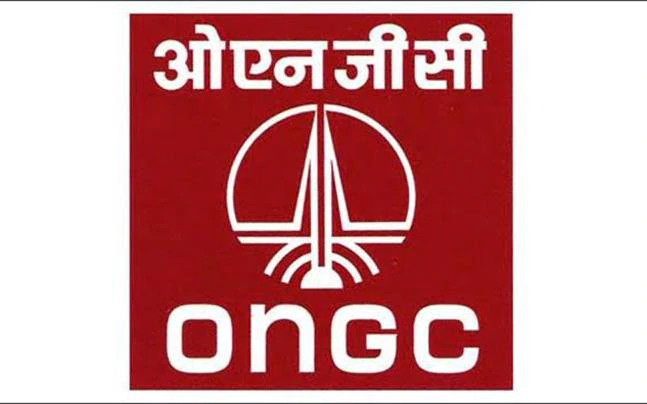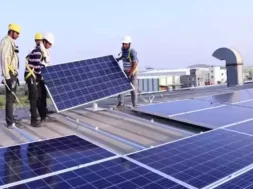
India has barred state authorities from unilaterally cancelling or modifying solar power purchase agreements (PPAs) after six state governments in last two months pushed developers to lower tariffs, threatening to derail projects worth $7.5 billion.
Narendra Modi’s government aims to raise solar power generation capacity nearly 30 times to 100 gigawatts (GW) by 2022. The capacity has already more than tripled in three years to more than 12 GW.
The government said it will impose a minimum penalty of 50 percent of the tariff if the purchase agreement is arbitrarily scrapped by the state or the developer, an official notification said late last week. “New solar norms will ensure equitable distribution of risk and reward between states and power generators,” said Ratul Puri, chairman of Hindustan Powerprojects that operates in five states, including top power consuming state Uttar Pradesh.
“It should ensure that some of the challenges at state level do not take place in the future,” Puri told Reuters.
Over the last four months, debt-laden power distribution companies in Gujarat, Andhra Pradesh, Uttar Pradesh, Tamil Nadu, Karnataka and Jharkhand were pushing developers to renegotiate signed or previously agreed upon PPAs, risking closure of 7 GW of solar projects, a report from ratings agency CRISIL noted.
The Indian Banks’ Association (IBA) this month called for intervention from the energy ministry, saying a cancellation or revision of tariffs could cause bad loans to pile up in the power sector due to the financial stress on developers.
Indian states and developers had clashed in May after the solar tariff for the 500 MW Bhadla solar power park in the western state of Rajasthan slumped to a record low of 2.44 rupees a unit for 200 MW.
However, the southern state of Andhra Pradesh, which accounts for the highest number of solar projects in the country, is not looking to sign new PPAs in the near term, the top official in the state government told Reuters.
“We are honouring all the signed solar PPAs at the tariff rate they were auctioned,” Ajay Jain said, adding, there was over capacity in the state.















